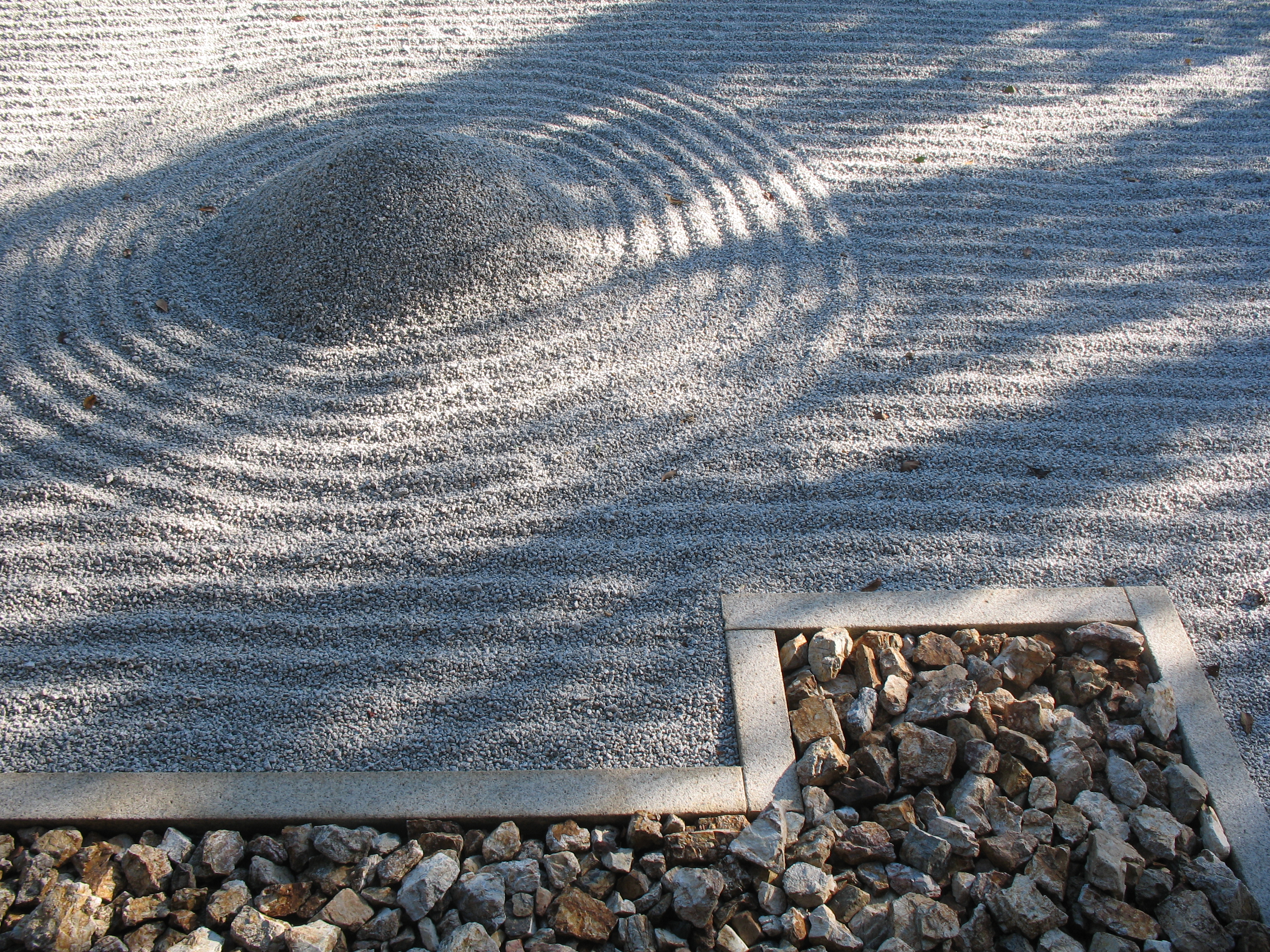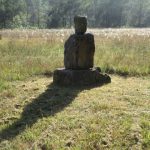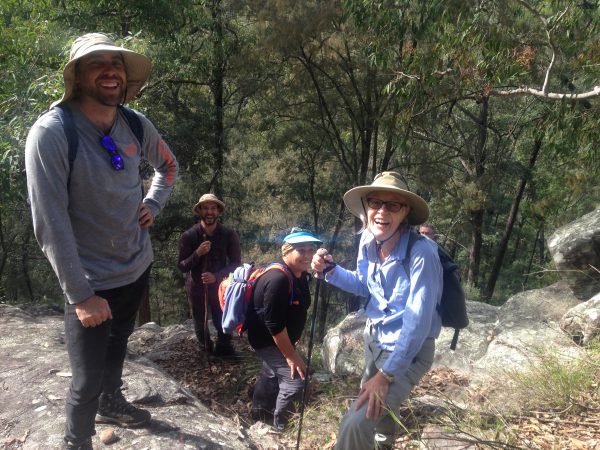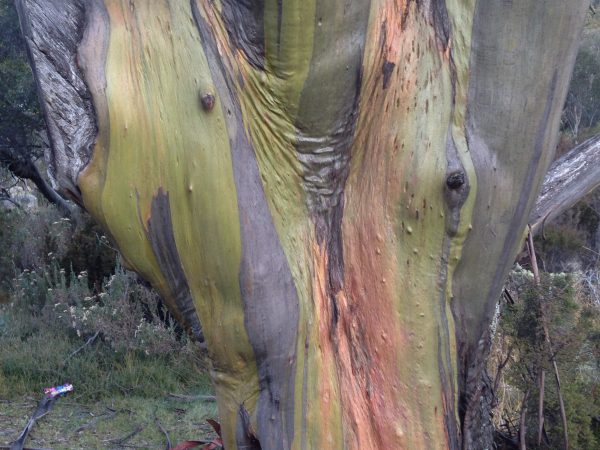Build a Seamless Tomb
On the occasion of Robert Aitken Roshi’s centenary, Maggie Gluek, Roshi asks how each of us can uphold his legacy – the timeless teaching of the Buddha Dharma – in the context of Case 18 of the Blue Cliff Record (National Teacher Chung’s Seamless Tomb). And makes an excursion into the relevance of poetry to our Zen tradition. 2017 Spring sesshin Day 3







